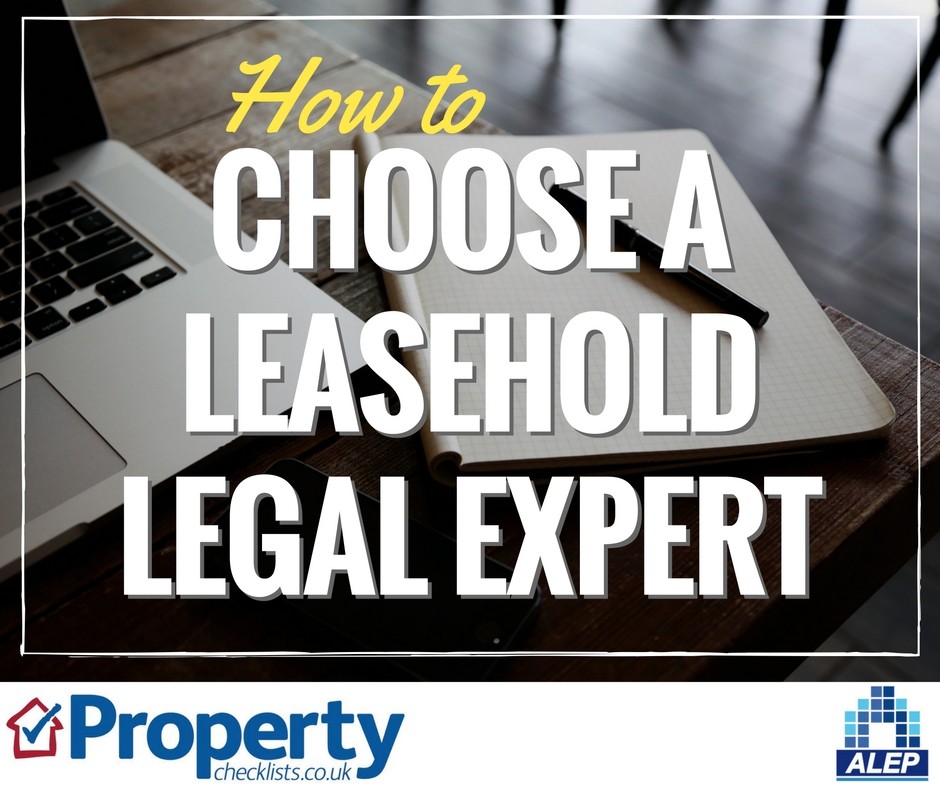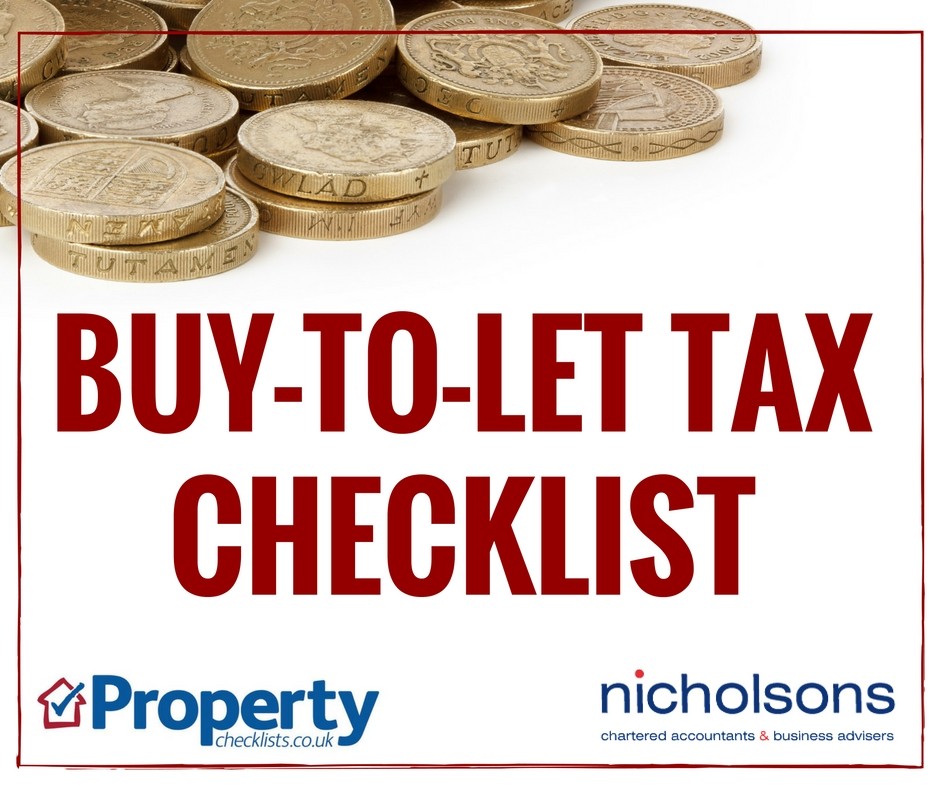
In this article Leigh Shapiro, member of the Association of Leasehold Enfranchisement Practitioners (ALEP) and Partner at Irwin Mitchell, discusses the hidden responsibilities of leaseholders and why it’s so important to get the right advice before embarking on ownership of a leasehold property.
When you are buying your leasehold property, it is not just what the property looks like, or where it is that is important. The lease that you are buying and how it works is essential. Having a clear understanding of the lease, before you buy the property, is the key to avoiding many of the issues that affect leaseholders. This may not be your top priority when buying your property, but understanding the extent of your responsibilities as a property owner and a leaseholder may well prove to be key to enjoying your property fully.
The lease is the key document which you should review to understand your responsibilities. However, it is a technical legal document and most leaseholders rely on their solicitor to check the terms of the lease during the conveyancing transaction.
Your solicitor will report on the terms and obligations of the lease. However, it is best to have a read through the lease yourself. After all, you are the one signing up to the purchase and who will be living in/owning the property.
You should review other documents as well, such as the information provided by the Management Company or Landlord. This will detail the likely expenditure under the service charge provisions in the lease and how they are managing the service charge account. Information may include the costs for anticipated major works.
Reading all the documents your solicitor provides together with online guides, such as the gov.uk ‘Guide to Leasehold Property’ (available here), will help you understand your responsibilities and those of the Landlord.
Every lease and every property is unique. The rights, restrictions and obligations may differ from property to property and may be different, even if two properties are in the same block. Below are some commonly found responsibilities;
The lease details the ground rent payable to the Landlord and how the ground rent will increase over time.
Some people are struggling to sell their leasehold property as their buyers cannot secure a mortgage if the ground rent has risen or will rise to an unacceptable level. While the vast majority of leases contain nominal or small ground rents increasing periodically through the life of the lease, there are certainly some more recent leases where the ground rent increases to onerous levels. While it is certainly not the norm, we have seen some leases where the ground rents increase to hundreds of thousands of pounds by the end of the long lease. This should be obvious in the lease and usually just requires doing some simple maths to find out what the rent increases actually mean.
If the lease is one with an onerous ground rent clause, the leaseholder may need to apply to the Landlord to vary the lease for it to be acceptable to mortgage lenders. Alternatively, enfranchising (purchasing the freehold) or extending the lease may be a way to bring the ground rent down; this is useful with a difficult Landlord who is not prepared to agree a variation.
The lease will contain a definition of the property. This definition implies the maintenance obligations of the leaseholder and what is the landlord’s responsibility and what is the leaseholder’s responsibility.
While it is likely to be an obligation for the management company or the Landlord to maintain the common parts (areas used collectively by leaseholders), the lease should provide for the landlord to recover the costs through the service charge payable by the leaseholder.
Understanding the lease and what the service charge includes is important to understand and help you set your budget.
The lease explains the responsibility to insure the building, and recovery of the costs (through the service charge). It may restrict the leaseholders from doing or allowing anything which will increase the insurance premium, such as storing petrol at the property.
This often refers to building insurance only. Leaseholders should ensure they have sufficient contents insurance in place.
The lease contains a responsibility to pay the service charge, ground rent and other outgoings such as council tax and utility bills.
There is often a frustration over the level of service charges payable by the leaseholders, however, what is expected of leaseholders should be set out in the lease. It should always be remembered that there are protections for this in legislation and the charges need to be reasonable and charged in accordance with the lease.
Service charges vary according to the property and the maintenance costs for the year. It may fluctuate year on year.
The lease will tell you about the division of the service charge, which may be equal between all the leaseholders in the block. However, some leases base this on the size of the property or the number of bedrooms.
Service Charges can cover a variety of expenses, for example to pay gardeners, collection of refuge, gyms and parking spaces. You may find you have to contribute towards a service or facility which you are not using yourself. For example, service charges may pay for the gym, although the leaseholder does not use it or the leaseholder of a ground floor flat may pay service charges which cover the maintenance of the lift.
The lease may contain some restriction on alterations, or require special consent from the Landlord or Management Company. These restrictions may relate to structural alterations only, but replacing windows is a point of debate. Reading the lease and checking with your solicitor is important.
Alienation relates to letting, selling or mortgaging the property. Leases will contain different rules and procedures and may include serving notices, becoming a shareholder of a management company or obtaining the Landlord’s consent. There may be restrictions on types of lettings. Complying with these procedures may incur costs.
In 2016 the case of Memcova v Fairfield Rents found that the leaseholder had breached their covenants in the lease by allowing the property to be let out (through Airbnb or similar). In that case, the leaseholder stayed at the property only three or four days week and let the property out for approximately 90 days a year. The lease contained a restriction to only use the property as ‘a private residence’ but did not expressly prohibit holiday lets. The judgement confirmed that anyone taking such a letting would not be using it as a private residence.
Leases can contain a number of regulations, such as how you can use the property to whether you can keep a pet. Each lease will have different regulations given the management and nature of the property. You should check with your solicitor whether the Management Company or Landlord has introduced new regulations since the grant of the lease.
In the case of Victory Place Management Company Ltd v Kuehn, the court dismissed the leaseholder’s claim that the management company’s inflexible ‘no dog’ policy had prejudiced their application. There was no requirement in the lease for the management company to act reasonably and the judge found the leaseholder had not sufficiently proven that the management company’s decision making process was unfair. Accordingly, the leaseholders’ dog had to leave the property.
The lease is a manual which tells you how your property works. It provides systems of rights and rules for communal living, whether it is a house, block of flats or an entire estate. The lease manages your relationship with the other leaseholders, the landlord, management companies and mortgage lenders.
The complexities come with the individuality of the properties involved, how the property was first developed, how the property use changes over time and the different leasehold structures which can exist.
Understanding your responsibilities will allow you budget effectively; enabling you to assess the likely cost of owning the property. You will understand how you can use the property, ensuring it fits with your own objectives.
In addition, failing to understand your responsibilities may lead to you breaching the covenants in the lease. This may lead to court action, forfeiture of the lease and could result in the Landlord taking possession of the property, as occurred in the case of Malik v McCadden which came before the First Tier Tribunal in 2017. This case related to a North London property which consisted of two flats within a block. Dr Malik owned the freehold and resided in the downstairs property. Mr McCadden owned the upper property. Mr McCadden carried out various alterations to the property without the Landlord’s consent as well as removing carpets contrary to regulations in the lease, he failed to give Dr Malik access when requested, failed to pay service charge and caused disruption and damage to Dr Malik’s property. Following various hearings and court applications, at which Mr McCadden failed to attend or obtain legal representation, the court eventually awarded Dr Malik forfeiture of the lease. This lost Mr McCadden his property. It should be note that this is the very last resort and throughout the forfeiture procedure there is ample opportunities for the leaseholder to claim relief.
If you are struggling to understand your lease or the supporting documents, you should speak with your legal adviser. A leaseholder is taking on a great number of responsibilities and must know the full extent of their liability. In a conveyancing transaction, a buyer may experience pressure from the seller to move quickly. They should resist this and focus on ensuring they have all the information and the understanding to avoid future issues.
If you are buying leasehold property, the number of responsibilities may be overwhelming. Get the right advice at the outset is vital to understand potential issues during your period of ownership. Read your lease with care and question anything which doesn't may sense. Remember knowledge is key and the lease is King!
For more information please visit ALEP
| How to choose a leasehold legal expert - ALEP |
Choosing an expert to value your leasehold extension - ALEP |
Buy to let tax - Nicholsons |
 |
 |
 |